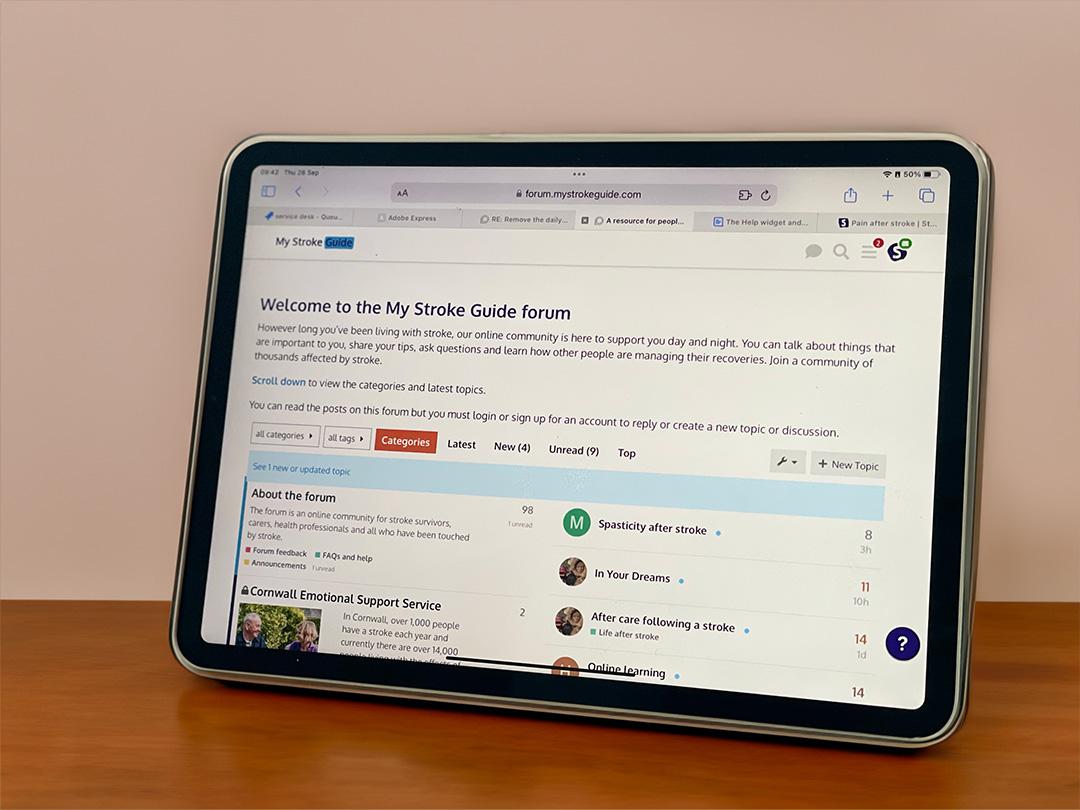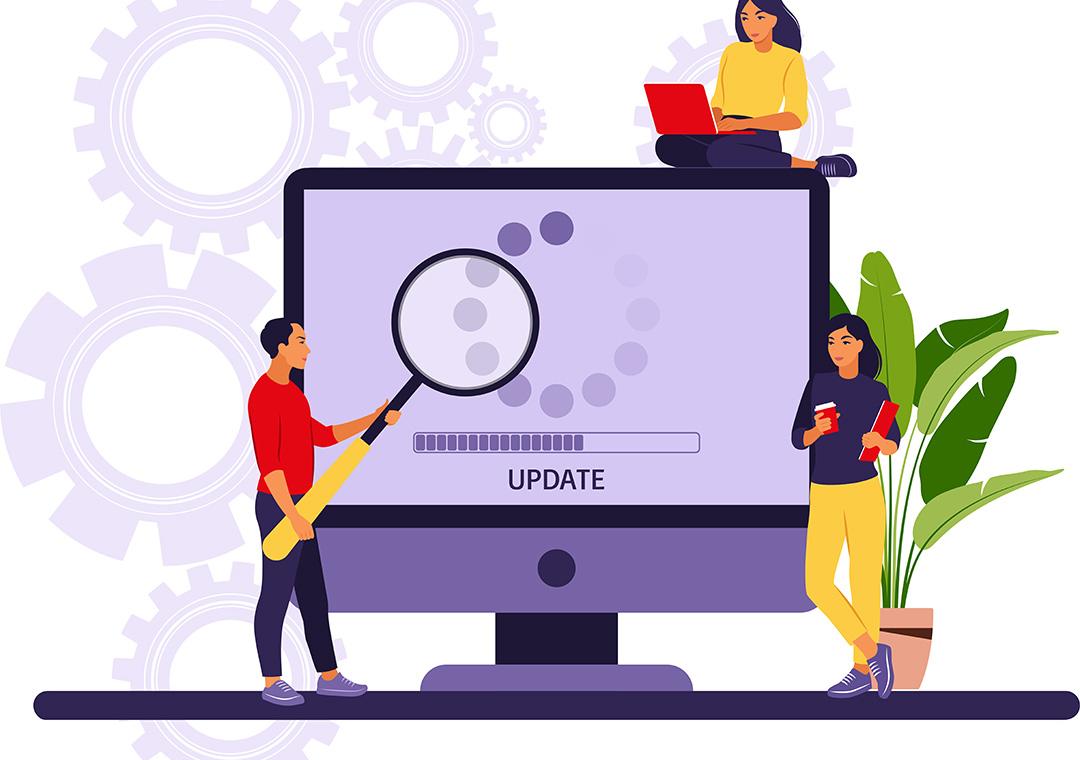The Stroke Association has created a new communication support pack to help people with communication difficulties. In this article, we will look at the resources in the pack and explain how to order one.
Communication Support Pack
Communication is an important part of our daily lives and helps us stay connected. Communication difficulties after a stroke, like aphasia, can have a huge impact on the individual and those around them.
Say hello to the brand new Communication Support Pack! This pack has been designed to help people who have trouble communicating at home and in their communities.
Inside, you'll find four materials that answer common questions about communication problems. It's filled with handy tips and even includes a special communication card to help others support you better.
What's included in the pack?
1. Communication problems after a stroke guide

The “Your communication after stroke" guide explains what aphasia is and provides practical information and tips on how to communicate well.
Our trusted information can help:
- answer your questions.
- improve your understanding of aphasia and other communication problems.
- you learn more about how your language might have been impacted.
- you understand how aphasia can impact your emotions and relationships.
2. Aphasia friendly guides

There is a guide about stroke, and a guide about communication after a stroke.
The guides are full of information about stroke and communication difficulties and give tips that can help you communicate better.
- These aphasia friendly guides use language, images, and icons to make sure information is in a layout accessible to everyone.
- The use of images and icons makes information easier to read and understand if you have a communication difficulty as a result of a stroke.
- Our communication tools have been created with people with aphasia and other communication difficulties and healthcare professionals. They are easy-to-read and accessible.
3. Communication card

This card can be really helpful for you if you've had a stroke and sometimes struggle to communicate. It lets others know about your communication difficulty and that you might need some extra support.
- The card includes a helpful message explaining the communication difficulties you may face after a stroke. It also provides spaces where you can write your name, phone number, and an emergency contact.
- Many people find this card useful when interacting with others who may not be aware of your communication challenges. Whether you're at the shops, on the bus, or enjoying a holiday, having this card can be really handy.
- You can show this card to people when you need more time to communicate or when you want them to speak clearly.
- Having this card can give you more confidence to go out and reduce any worries about explaining your difficulty. When people see the card, they should give you the time you need and not rush you, so you can tell them what you want or need.
4. Communication Picture Book: Community (optional)

For those who find it harder to communicate, the Communication Picture Book: Community is a great tool. It has pictures and symbols covering lots of everyday topics.
- You can use these to express what you want, need, or like. You can also personalise the book by adding information about your family, hobbies, and things you enjoy.
- Making the book your own helps you communicate your thoughts and feelings and improves conversations.
- This book is for people with moderate to severe communication difficulties. Please only order this if you need it.
How to order one
By using our range of communication tools can give you the understanding and confidence to have good conversations, learn new ways to connect and rebuild lives after a stroke.
These tools were created with the help of people who understand these challenges and healthcare professionals.
To order your free Communication Support Pack, complete this webform or contact the Helpline by phone 0303 3033 100 or email helpline@stroke.org.uk.
Other blogs in this category

Celebrating Black heroes and pioneers in British healthcare history
October marks UK Black History Month, celebrating trailblazers…
Learn more

The Help widget - improving the forum
You might have noticed that question mark icon at the bottom…
Learn more

